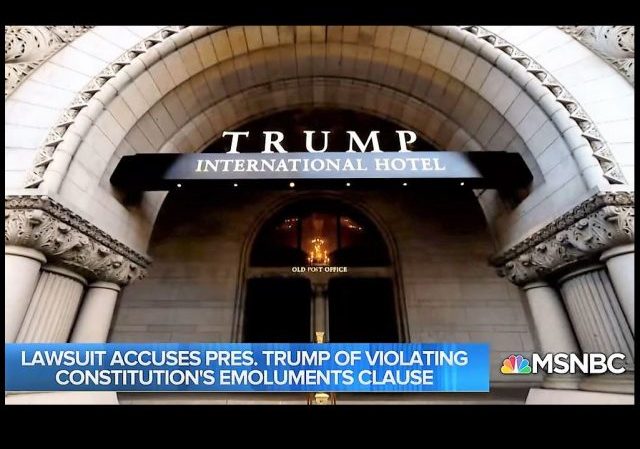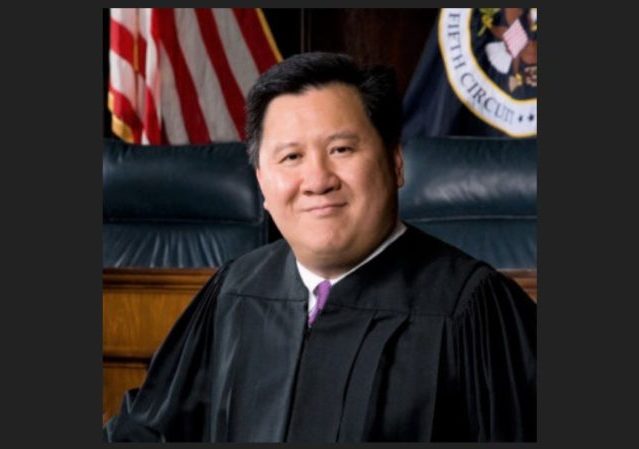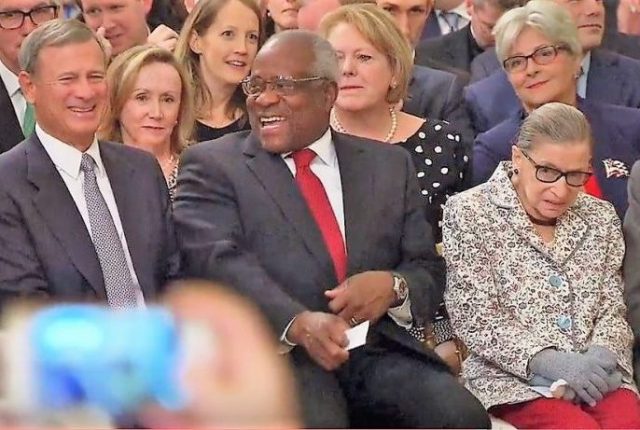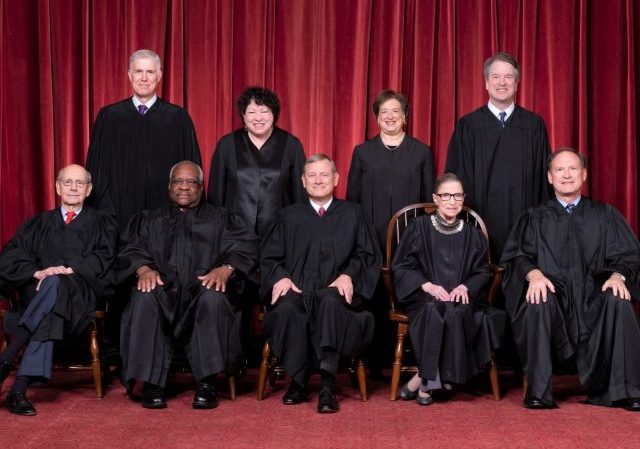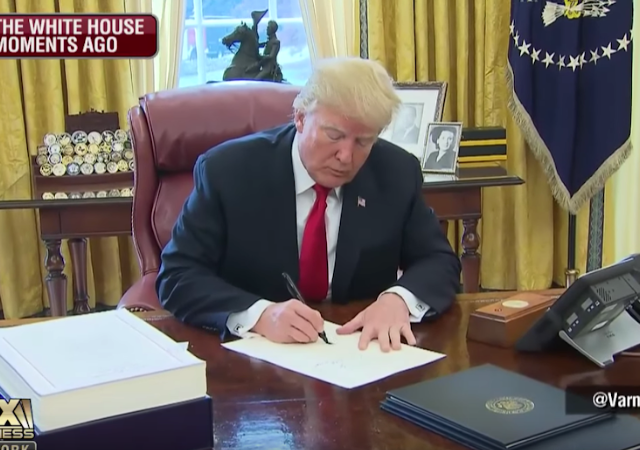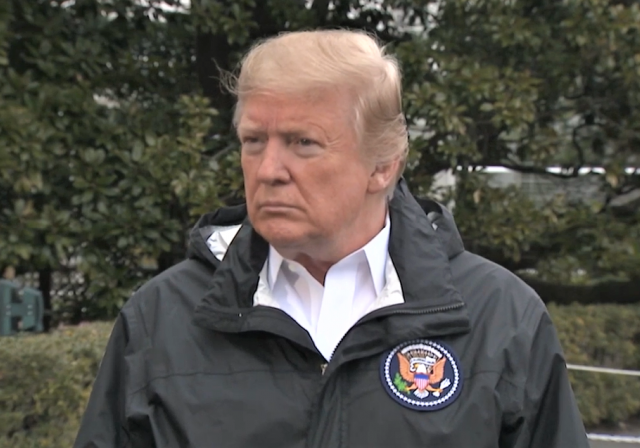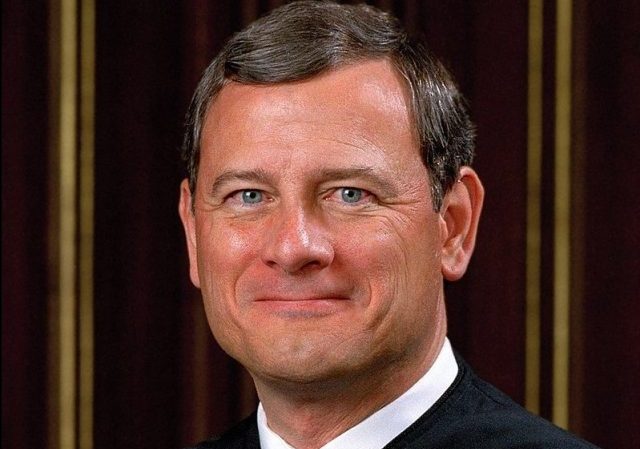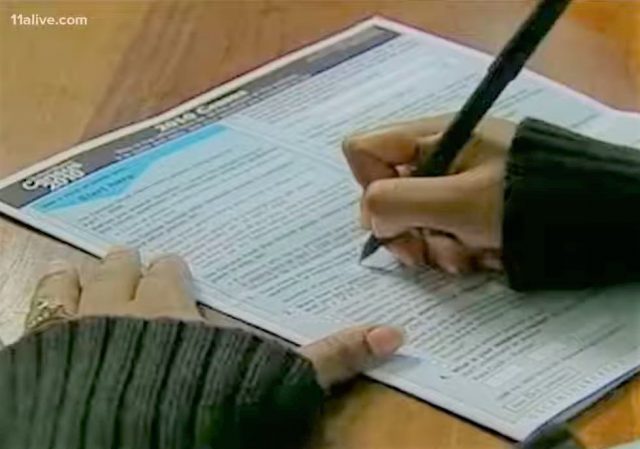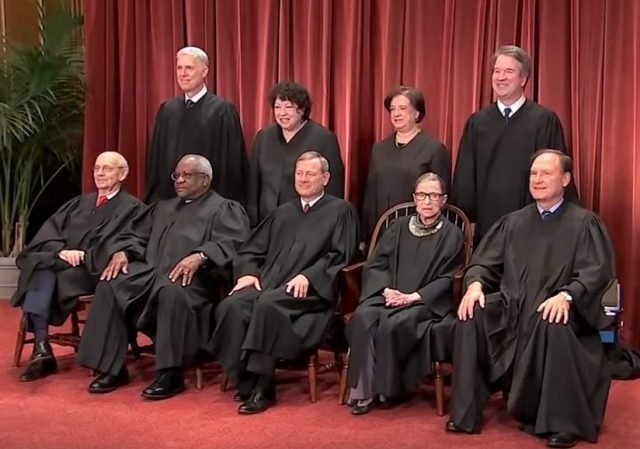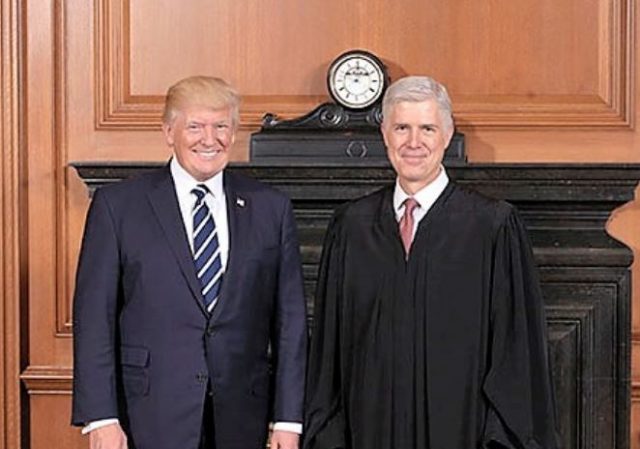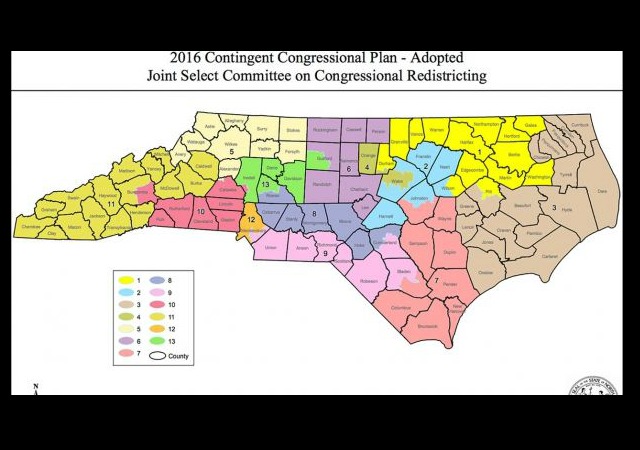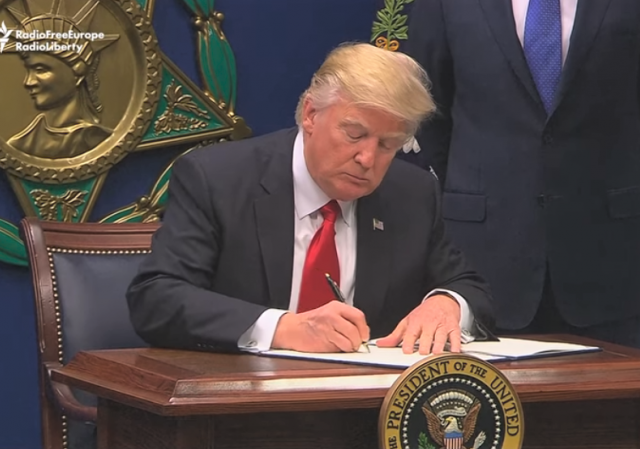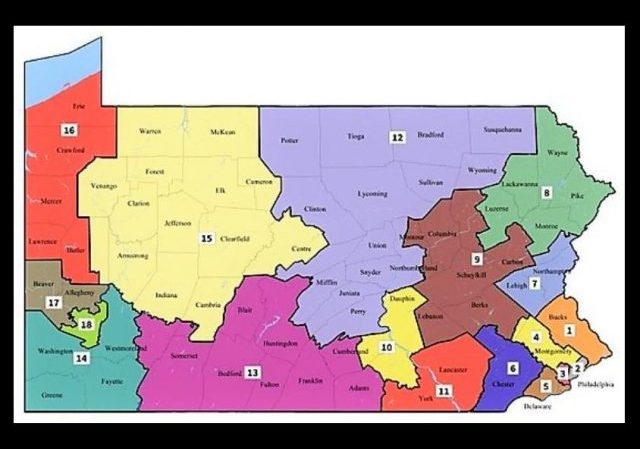SCOTUS May Get Another Trump Finances Case as 4th Circuit Allows Emoluments Lawsuit to Proceed
on May 17, 2020
8 Comments
Last week the Supreme Court heard oral argument in President Trump's bid to quash subpoenas served upon his accountants by House committees and the Manhattan D.A. Convention wisdom says that he will lose. Lucky for him, he is faced with so much litigation that there is a case he is very likely to win, and that case is poised to reach SCOTUS before the 2020 election.

